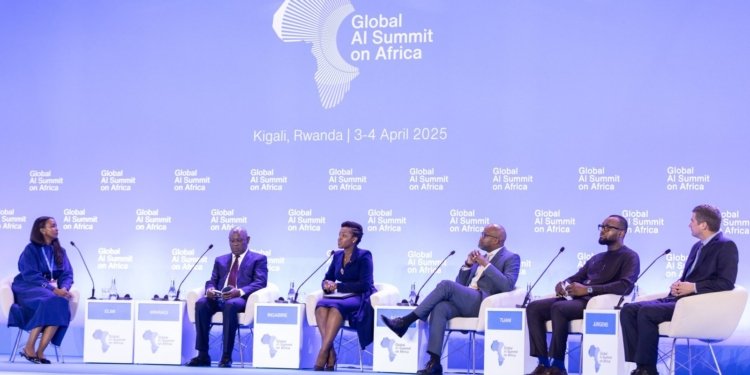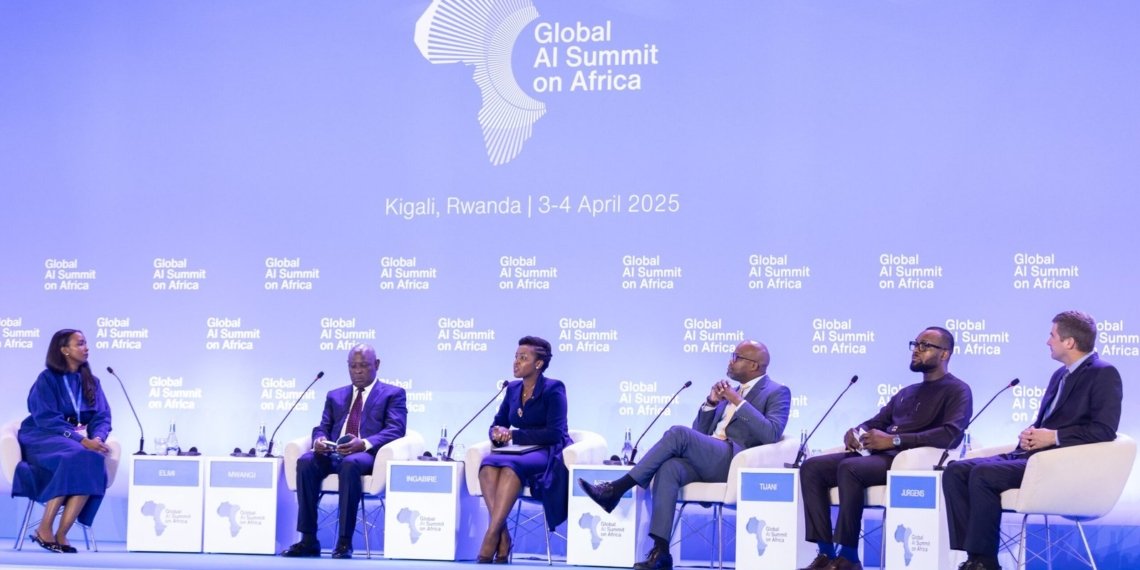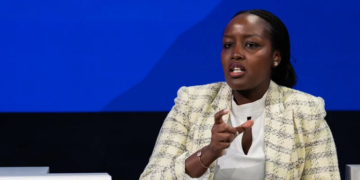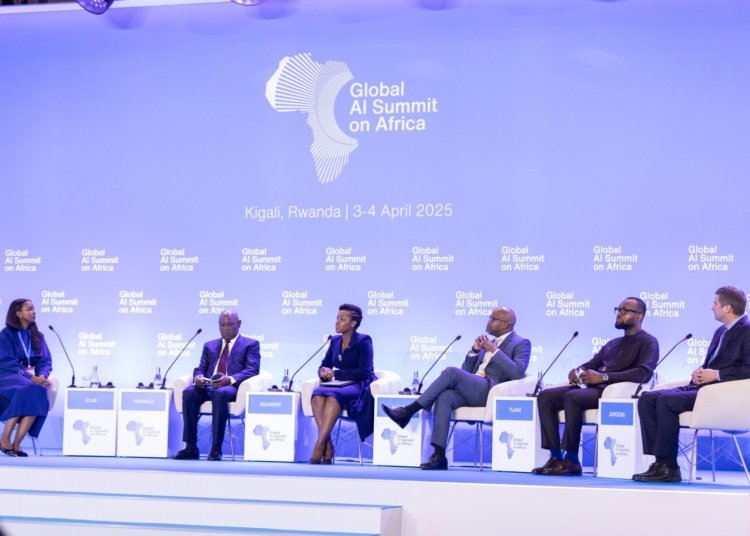KIGALI, Rwanda (BG) — Africa’s immense potential for innovation and creativity can be a competitive advantage in the age of artificial intelligence, Rwandan President Paul Kagame said Thursday at the opening of the Global AI Summit on Africa.
“The potential for innovation and creativity on our continent is immense,” Kagame said. “That is already a comparative advantage which artificial intelligence can multiply.”
“Right now, our strategy should be to go back to the drawing board and build a strong foundation for connectivity,” he said at the event’s opening ceremony.
The summit, taking place April 3-4 in Kigali, is the first of its kind to focus specifically on Africa’s opportunities and challenges in AI.
Speakers emphasized the need for ethical frameworks, investment in digital infrastructure, and policies tailored to African contexts.
Rwanda’s minister of ICT and Innovation, Paula Ingabire, said the country is pursuing a dual approach that encourages innovation while maintaining oversight. Ingabire participated in a panel titled “Africa and the AI Opportunity” alongside several high-profile figures in tech and policy.
“For us, these two things coexist,” Ingabire said. “We’ve put in place a National AI Policy accompanied by ethical guidelines designed to ensure AI solutions are designed and deployed across industries in an ethical manner while also thinking about issues related to bias and discrimination.”
Call for Investment, Financial Technology
Jeremy Jurgens, Managing Director of the World Economic Forum, emphasized the urgency of investment in four key areas: talent development, computing infrastructure, local-language data sets, and energy to power data centers. These areas, he said, are crucial to enabling AI-driven growth across the continent.
Financial technology is one sector already seeing results. James Mwangi, CEO of Equity Group Holdings, stated that digital banking solutions powered by AI are expanding financial inclusion, particularly for small and medium-sized enterprises.
“What will really change the game is adoption of AI by SMEs,” Mwangi said. “It can radically improve business intelligence, value chain efficiency, targeted customer support and the ability of SMEs to fully participate in e-commerce.”
In the area of trade, Wamkele Mene, Secretary-General of the African Continental Free Trade Area (AfCFTA), mentioned its new Protocol on Digital Trade.
“This year we adopted a first of its kind Protocol on Digital Trade which includes provisions on emerging technologies and the regulatory frameworks required to enable innovation in areas such as AI to advance intra-African trade.”
Dr. Bosun Tijani, Nigeria’s Minister of Communications, Innovation, and Digital Economy, called on African countries to clearly define their goals in the AI space before entering international collaborations.
“African countries need to have clarity on what they want to do with AI and what they’re bringing to the table,” he said. “Then we can start talking about collaborating on AI without compromising our sovereignty.”
As the summit continues, participants explore policy frameworks, partnerships and investments to turn Africa’s digital potential into inclusive and transformative growth.
Bantu Gazette reporting from Kigali, Rwanda.































